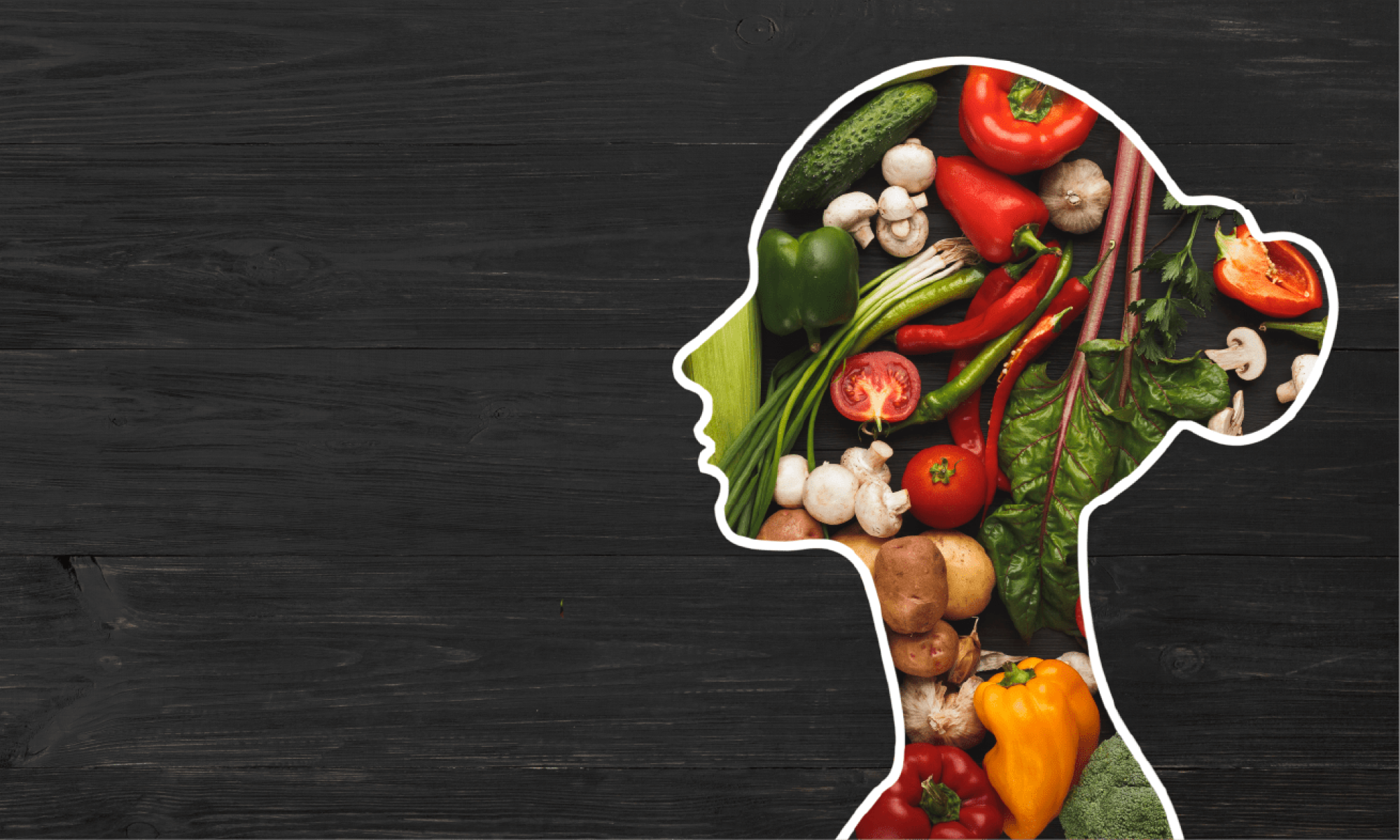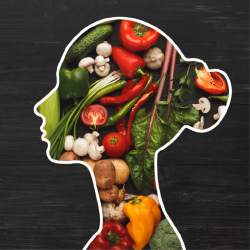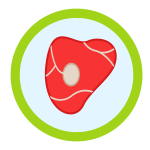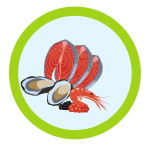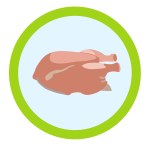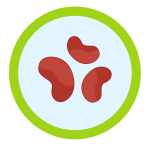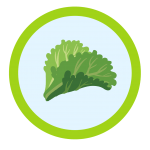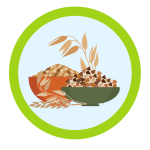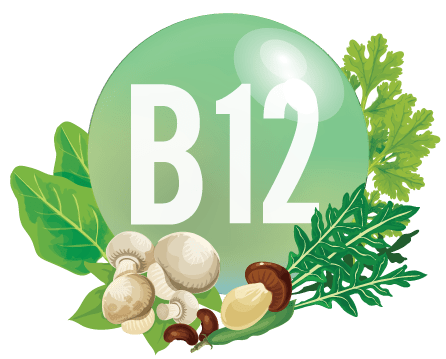
Cobalamin (Vitamin B12): Sources, and Challenges for Vegetarians and Vegans
Cobalamin, also known as vitamin B12, plays a crucial role in various bodily functions. It helps in the formation of red blood cells, DNA synthesis, and maintenance of the nervous system. As our body cannot produce cobalamin, we have to consume it through our diet.
One of the main sources of cobalamin is animal based foods such as meat, poultry, fish, and dairy products. For example, a 3 ounce serving of cooked clams contains more than 800% of the recommended daily intake of cobalamin. Similarly, a cup of low fat milk provides nearly one third of the daily recommended intake.
If you are following a vegetarian or vegan diet, it can be challenging to get enough cobalamin, as plant based sources are limited. However, you can consume cobalamin fortified foods, such as plant based milk and cereals, or take a vitamin B12 supplement.
Adults need 2.4 micrograms of cobalamin per day, while pregnant and breastfeeding women need slightly more (2.6 and 2.8 micrograms, respectively).
Meat & Protein
Grass fed Red Meat
Beef liver: Just 3 ounces of cooked beef liver offers 1,176% of the daily value (DV) for cobalamin
Lamb provides around 39-54% of the DV per 3 ounces.
Cooked beef (such as sirloin or ground beef) is a great source of vitamin B12, with around 70-83% of the DV per 3 ounces.
Bison meat offers around 85% of the DV for vitamin B12 per 3 ounces.
Duck meat provides approximately 39% of the DV for cobalamin per 3 ounces.
Elk meat offers approximately 91% of the DV for B12 per 3 ounces.
Venison (deer meat) provides around 80% of the DV for B12 per 3 ounces.
Fish and Seafood
3 ounces of cooked clams contain 1,402% daily value (DV) of vitamin B12
Just 3 ounces of cooked mackerel contain 490% DV of vitamin B12
3 ounces of cooked herring contain 418% DV of vitamin B12
Just 3 ounces of canned sardines contain 338% DV of vitamin B12
3 ounces of cooked salmon contain 80% DV of vitamin B12
Canned tuna contain 40% DV of vitamin B12 39 to 54% of the DV per 3 ounces.
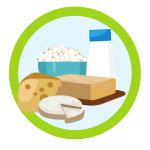
Grass fed Dairy
Just one cup of cottage cheese providing up to 24% of the recommended daily intake.
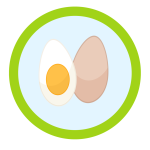
Free Range Eggs
To maximize the cobalamin content of your eggs, it’s best to boil them. Boiling eggs is one of the healthiest ways to cook them because it doesn’t add any unhealthy fats or oils. It also preserves the nutrients, including cobalamin. In fact, a boiled egg can provide up to 10% of your daily cobalamin needs. poached, or fried, make sure to include them in your meals for a natural and healthy source of this essential vitamin.
Vegetable & Leafy Greens
Beans and Legumes
One cup of cooked lentils provides approximately 37% DV of cobalamin.
1 cup of cooked adzuki beans provides approximately 22% DV of cobalamin.
Chickpeas: One cup of cooked garbanzo beans provides approximately 20% DV of cobalamin.
One cup of cooked navy beans provides approximately 17% DV of cobalamin.
Just one cup of cooked black beans provides approximately 16% DV of cobalamin.
Whole Grains & Fungi
Whole Grains
3.5 oz of cooked quinoa contains around 8% of the daily recommended intake of cobalamin for adults.
Studies have shown that spelt has up to 78% of the daily value (DV%) of cobalamin per 100g serving. This percentage may vary slightly depending on factors such as where the spelt was grown, how it was processed, and the spelt’s overall nutrient content.
In general, a 100-gram serving of cooked barley contains around 0.014 milligrams of cobalamin, or about 58% of the DV based on a 2,000 calorie diet. This makes barley a great choice for vegetarians and vegans who may struggle to get enough vitamin B12 from animal sources.
Brown rice contains approximately 0.47 mcg of cobalamin per cup, which represents approximately 20% of the daily value.
100 grams of uncooked buckwheat contains around 83.3% of the recommended daily value of cobalamin.
The absorption of cobalamin from buckwheat is aided by the presence of certain proteins and amino acids, making it a more bioavailable source of the nutrient.
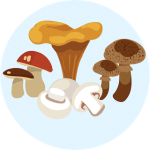
Mushrooms
These mushrooms are not only delicious but also a great source of cobalamin. One cup of cooked shiitake mushrooms contains 30% of the DV.
Did you know?
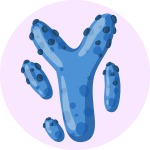
Cobalamin is produced by bacteria: Although cobalamin is primarily found in animal based foods, it is actually produced by bacteria that live in the digestive tracts of animals. This means that humans can also produce cobalamin if they have the right type of bacteria in their gut.
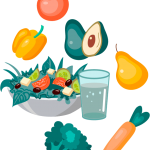
It can be difficult for vegans to get enough: Since cobalamin is primarily found in animal based foods, vegans and vegetarians may struggle to get enough of the nutrient. However, there are plant based sources of cobalamin like fortified cereals, nutritional yeast, and algae-based supplements.

It can be stored in the body for years: Unlike other water soluble vitamins like vitamin C and B complex vitamins, cobalamin can be stored in the liver for up to several years. This means that even if you have a temporary deficiency, it may take a while for symptoms to appear.
